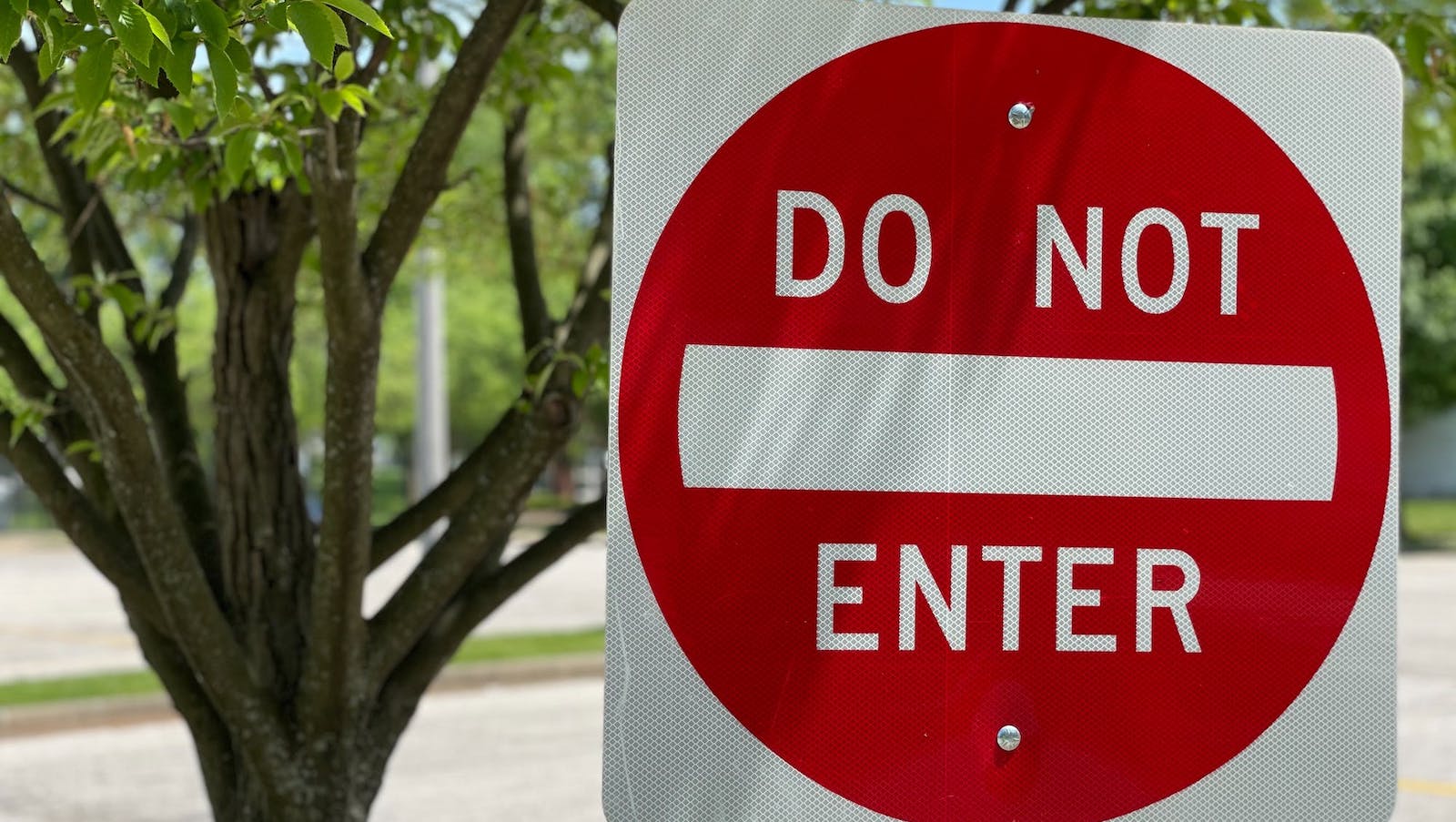Nobody wants to hear those words: “Rejected,” ‘”Detained,” “Do Not Enter,” “Banned.” That’s especially true if your business depends on imports into the U.S. You very much don’t want a Detention Letter from Customs and Border Protection (CBP). However, a new trade law has importers taking notes on how to comply with the Uyghur Forced Labor Prevention Act (UFLPA).
The act bans the import of goods or commodities from China that are produced with forced labor. Effective last June 21, the act mandates a “rebuttable presumption” that any products made wholly or in part in the Xinjiang Uyghur Autonomous Region (“Xinjiang”), or by any Chinese company on a U.S. list of entities involved in the use of forced labor, are made with forced labor and banned from importation into the U.S. To date, this is the only federal law in the U.S. focused specifically on Environmental, Social & Governance (ESG), and it passed by overwhelming majorities in both houses of Congress.
Expansion of the global economy and the devastating impact of the COVID-19 pandemic on supply chains contributed to enhanced risks and probabilities that forced labor has penetrated a vast majority of company’s supply chains. Forced labor is in everyday goods, from the foods you eat, to the clothes you wear, to the car you drive, according to current research on global forced labor.
Over 27 million people around the globe are trapped in forced labor. The links between forced labor, products and abuses is not just in Xinjiang but has spread throughout the global economy. A high percentage of the world’s luxury items, cotton, textiles, minerals for EVs, tomatoes and spices, beryllium in electronics, aluminum in automotive parts and polysilicon in solar panels, for instance, are produced in or sourced from the Xinjiang region. The UFLPA guidance points to the International Labor Organization’s (ILO.org) list of forced labor products and countries, as many goods are transshipped and raw materials from Xinjiang are mingled with goods from other countries that make their way into the U.S. Thus, forced labor is hidden in supply chains.
Since the UFLPA went into effect, importers have been caught off-guard and detained by CBP for suspicion of forced labor in their shipments of goods. Importers are incurring expenses like inspection fees, storage, attorney fees, re-export or destruction of goods and business disruption, to name a few. The trade ban only gives importers 30 days to present clear and convincing proof, to address the presumption of forced labor. So, for example, around many ports, warehouses are filled with solar panels, as polysilicon used for solar cells is mined as quartz in Xinjiang.
Is this kind of supply chain disruption insurable, you might ask? The short answer is “yes.” For example, a new insurtech, FloraTrace, has designed a parametric insurance product for importers. The payment trigger is receiving a UFLPA Detention Notice from CBP. The insurance offsets the many expenses incurred for hidden forced labor. FloraTrace also uses isotopes and chemical analysis technology to verify origin of raw materials, so importers can illuminate their supply chains and make decisions for remediation, decoupling or diversifying their suppliers to pursue sustainable sourcing practices.
See also: Adding ESG to Investment Practices
A recent wave of regulatory pressure and requirements for ESG due diligence are necessitating active supplier risk management across emerging focus areas such as human rights abuse in supply chains. The new law mandates that importers trace their supply chains down to the raw materials. A recent Deloitte study interviewed hundreds of businesses and found that only 10% have good visibility deep into their supply chains, so there remains a lot of work to do to address hidden forced labor risk.
Changing sourcing patterns is complex and an intertwined, global issue that will not be solved overnight. But resilience in supply chains can occur, and companies can recover…and even thrive with active risk management and risk transfer solutions to move toward greater sustainability.






